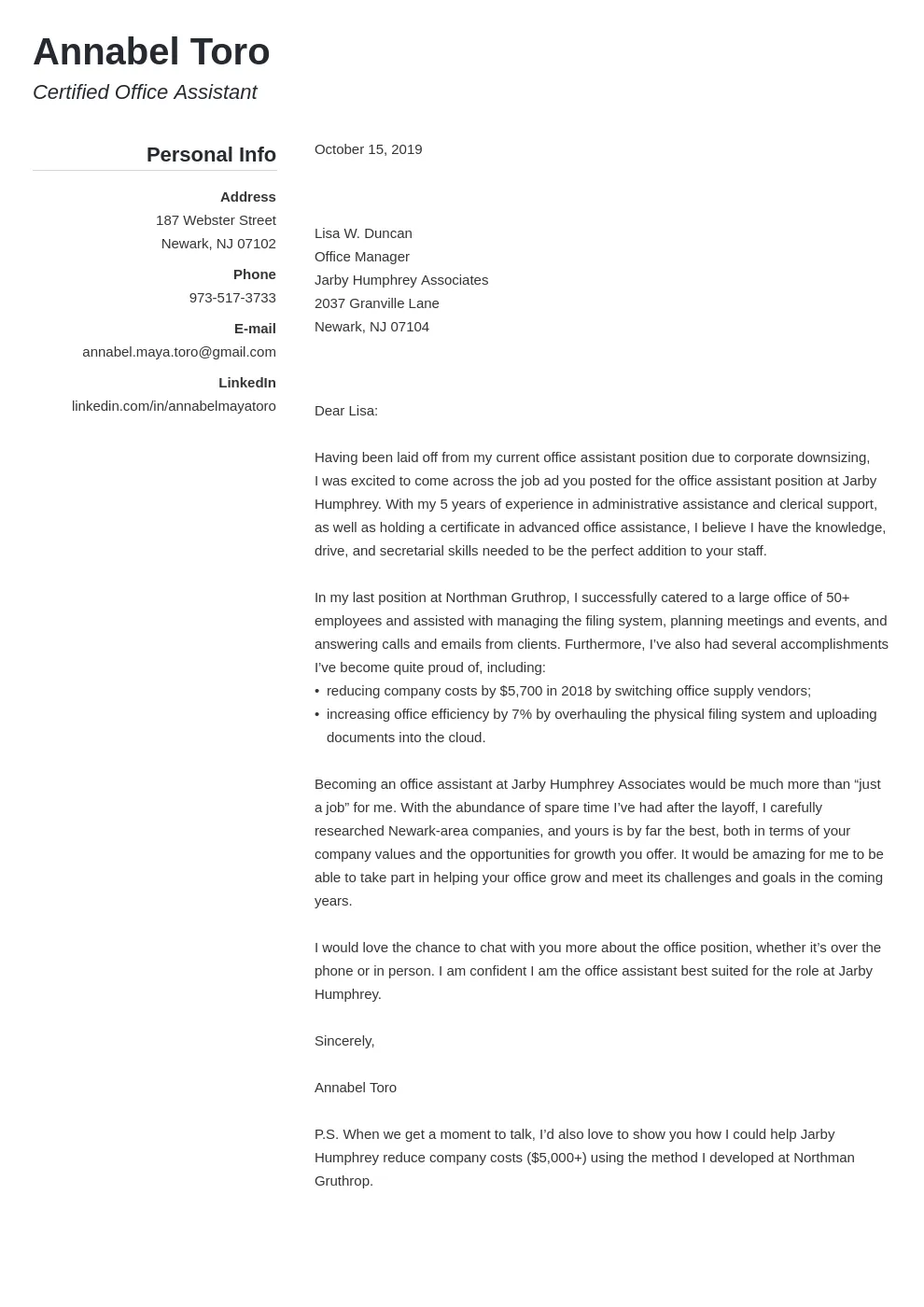What is a Cover Letter?
A cover letter is a crucial document that accompanies your resume when applying for a job. It serves as your first introduction to a potential employer and offers an opportunity to showcase your personality, skills, and experience in a more personalized manner than your resume allows. Think of it as your personal sales pitch, where you highlight why you are the perfect candidate for the specific role and company. A well-crafted cover letter can significantly increase your chances of getting an interview and ultimately landing the job. Unlike a resume, which provides a factual overview of your career, a cover letter lets you connect with the hiring manager on a human level, expressing your enthusiasm and demonstrating how your skills align with the company’s needs and values. It is more than just a formality; it is a strategic tool in your job search arsenal.
Why is a Cover Letter Important?
In today’s competitive job market, a cover letter can be your secret weapon. It allows you to expand on the information provided in your resume, providing context and depth to your qualifications. A cover letter allows you to communicate your passion for the role and your understanding of the company’s mission. It also offers an opportunity to address any potential gaps in your resume or explain any career transitions. Furthermore, a cover letter demonstrates your writing skills, attention to detail, and professionalism. Many hiring managers consider a cover letter an essential part of the application process and use it to gauge a candidate’s communication skills and overall fit for the role and the company culture. Omitting a cover letter can be a missed opportunity to make a strong first impression and could even lead to your application being overlooked.
How to Personalize Your Cover Letter
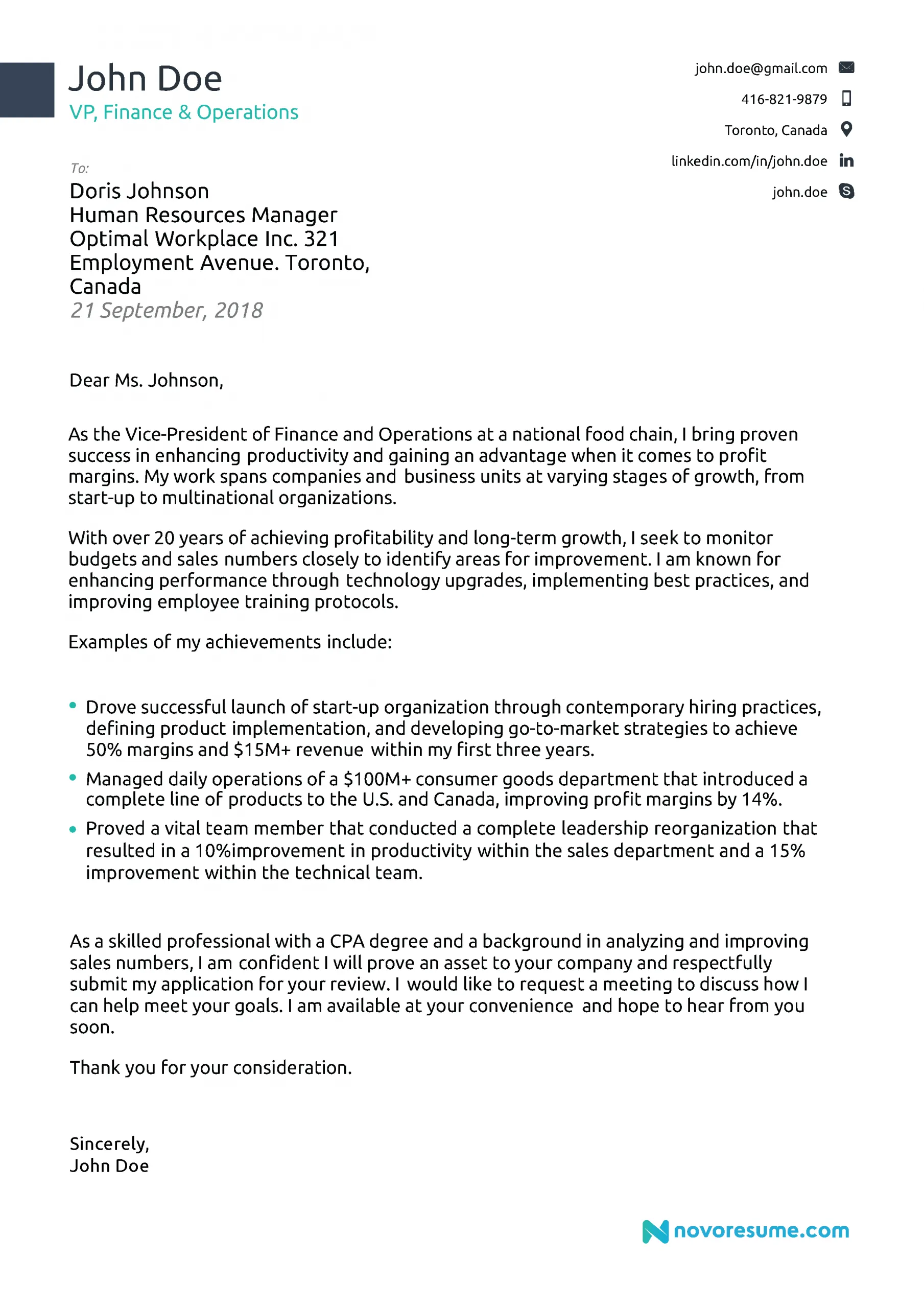
Personalizing your cover letter is essential to make it stand out from the crowd. Generic cover letters are easily recognizable and often discarded. A personalized cover letter shows that you have taken the time to research the company and the specific job requirements. This demonstrates your genuine interest and commitment to the opportunity. Personalization goes beyond simply changing the company name. It involves tailoring your letter to address the specific needs and challenges of the role and highlighting how your skills and experiences directly align with those needs. By taking the time to personalize your cover letter, you’ll demonstrate to the hiring manager that you are not just another applicant but a candidate who is genuinely invested in the position and the company’s success.
Research the Company
Before you even begin writing your cover letter, thorough company research is a must. Visit the company’s website, read their ‘About Us’ section, and explore their social media profiles. Understand their mission, values, and recent projects or news. This research will help you tailor your letter to address specific company goals and demonstrate your understanding of their culture. Look for keywords and phrases in the job description that resonate with the company’s language and values. Use this information to showcase how your skills and experience align with their specific needs. Knowing the company’s current challenges and goals enables you to frame your abilities in a way that directly addresses how you can contribute to their success. This level of preparation will make your cover letter much more impactful.
Address the Hiring Manager by Name
Whenever possible, address your cover letter to the hiring manager by name. This simple act of personalization makes your letter feel less generic and demonstrates that you have taken the time to identify the person responsible for reviewing applications. Finding the hiring manager’s name may require a bit of research; check the company’s website, LinkedIn, or the job posting itself. If you cannot find a specific name, it is acceptable to use a professional greeting like ‘Dear Hiring Manager’ or ‘Dear [Department Name] Team.’ However, addressing the letter to a specific individual shows initiative and attention to detail, setting you apart from applicants who use a generic salutation.
Highlight Your Key Skills and Achievements
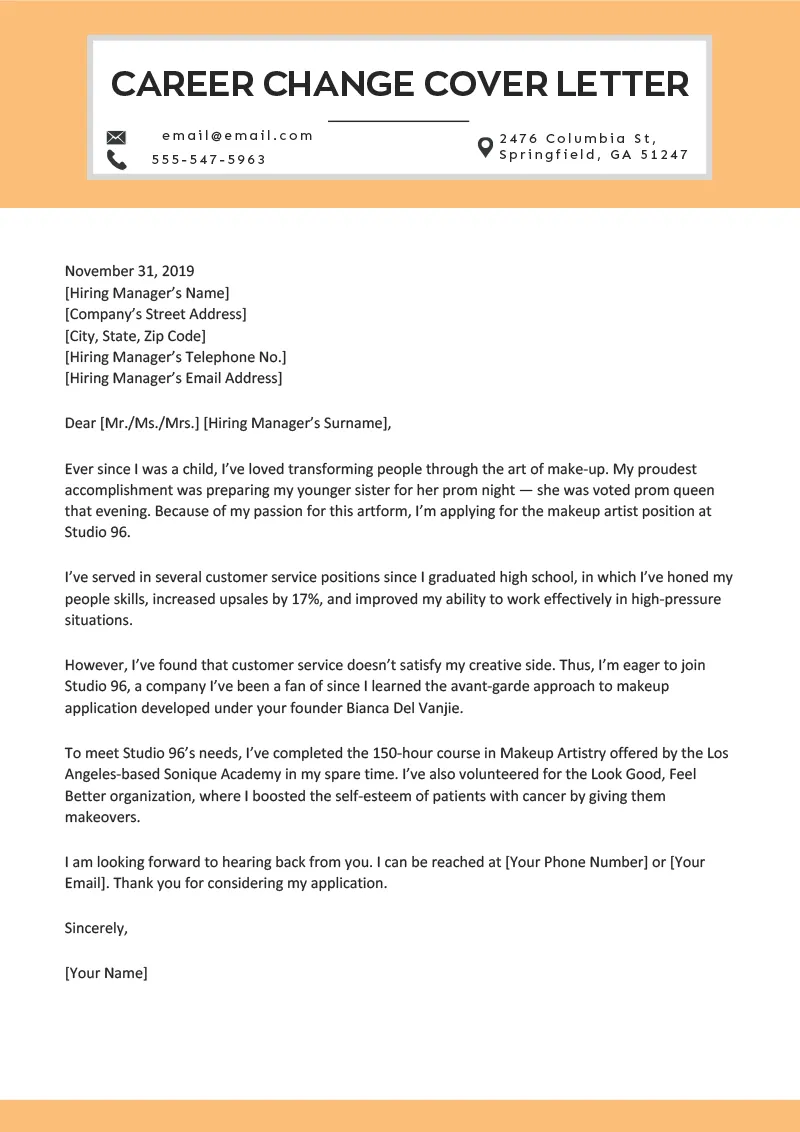
Your cover letter is the perfect place to highlight the key skills and achievements that make you a strong candidate. Review the job description and identify the skills and experiences the employer is seeking. Then, select a few of your most relevant accomplishments and explain how they align with the role’s requirements. Use specific examples to demonstrate your abilities. Quantify your achievements whenever possible, using numbers and data to showcase your impact. For example, instead of saying ‘Improved sales,’ you could say ‘Increased sales by 15% in six months.’ This level of detail makes your accomplishments more tangible and compelling, leaving a lasting impression on the hiring manager.
Showcase Your Value
Clearly articulate the value you bring to the company. Explain how your skills and experience will benefit the organization. What problems can you solve? What contributions can you make? How will you help the company achieve its goals? Frame your qualifications in terms of the value you offer. Focus on what you can do for the company, not just what the company can do for you. Emphasize how your unique skills and experiences set you apart from other applicants. By showcasing your value, you make a compelling case for why the hiring manager should choose you for an interview.
Demonstrate Your Enthusiasm
Let your enthusiasm for the role and the company shine through. Express your genuine interest in the opportunity and explain why you are excited about the prospect of joining the team. Show your excitement for the company’s mission, values, or recent projects. Demonstrate your understanding of the role and your eagerness to contribute to the company’s success. A cover letter filled with enthusiasm can make a significant difference. It shows that you are not just looking for a job but are passionate about the work and the company, making you a more appealing candidate.
The Structure of a Cover Letter
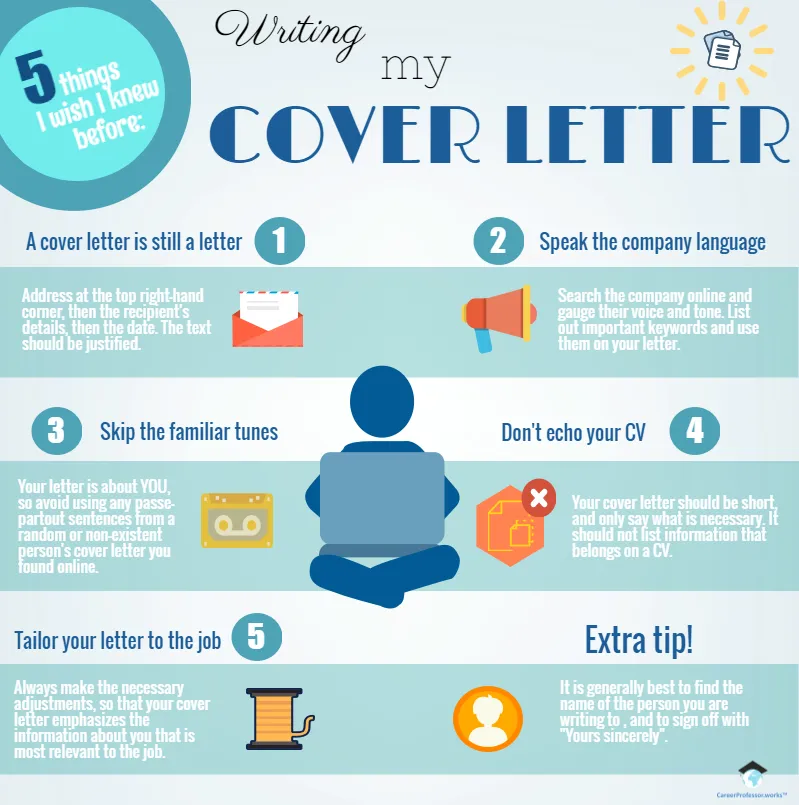
A well-structured cover letter is essential for making a positive impression. A clear and concise format allows the hiring manager to quickly grasp your qualifications and understand why you are a suitable candidate. The structure helps to organize your thoughts and ensures you include all the necessary information. Follow a standard format to create a polished and professional document that highlights your key strengths and experience. The structure generally includes header information, a greeting, body paragraphs, and a closing.
Header Information
The header of your cover letter should include your contact information, such as your name, phone number, email address, and LinkedIn profile URL. You can also include the date and the hiring manager’s name and title, along with the company’s address. Ensure that your contact information is accurate and up-to-date so that the hiring manager can easily reach you. The header sets the professional tone for your letter and provides the necessary information for the employer to contact you. Proper formatting and presentation of the header contribute to a well-organized and visually appealing document.
Greeting
Start your cover letter with a professional greeting. As mentioned before, ideally, address the hiring manager by name. If you cannot find a specific name, use a formal greeting such as ‘Dear Hiring Manager’ or ‘Dear [Department Name] Team’. Avoid overly casual greetings like ‘Hello’ or ‘Hi’. A professional greeting sets the tone for the rest of your letter and demonstrates your respect for the hiring manager’s time. Correct spelling and proper use of titles (Mr., Ms., Dr.) are important for making a positive first impression.
Body Paragraphs
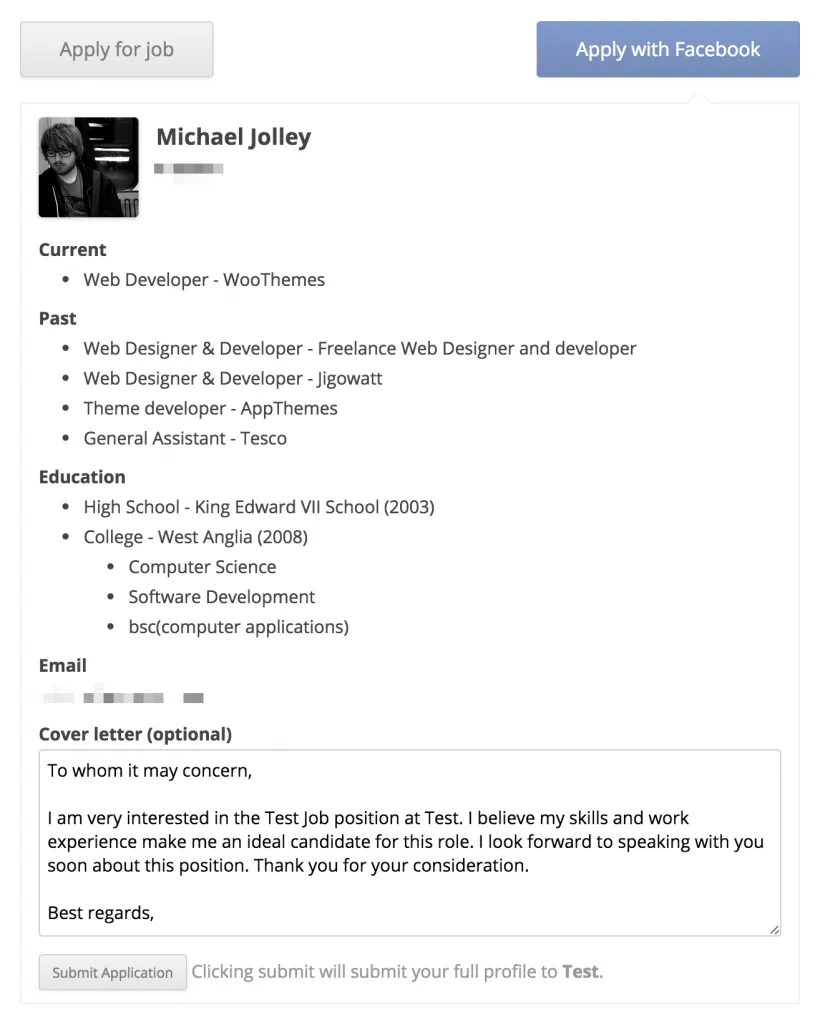
The body of your cover letter is the core of your message. It typically consists of three to four paragraphs that highlight your qualifications, skills, and experience. The first paragraph should state the position you are applying for and how you found the job posting. The subsequent paragraphs should showcase your key skills and achievements and explain how your qualifications align with the job requirements. Use specific examples and quantify your achievements whenever possible to demonstrate your value. Conclude the body paragraphs by expressing your enthusiasm for the opportunity and reiterating your interest in the position. This is your chance to make a strong case for why the hiring manager should consider you for an interview.
Closing
Close your cover letter with a professional and polite closing. Thank the hiring manager for their time and consideration. Reiterate your interest in the position and state that you look forward to hearing from them soon. End your letter with a formal closing such as ‘Sincerely,’ ‘Best regards,’ or ‘Thank you.’ Follow this with your typed name. A well-crafted closing leaves a lasting positive impression and reinforces your professionalism and enthusiasm.
Proofread and Edit
Before submitting your cover letter, proofread and edit it carefully. Check for any grammatical errors, typos, and formatting inconsistencies. Have a friend or colleague review your letter as well. A polished and error-free cover letter demonstrates your attention to detail and professionalism. Errors can create a negative impression and undermine your credibility. Take the time to ensure your cover letter is perfect before submitting it.
Actionable Tips to Make Your Cover Letter Stand Out
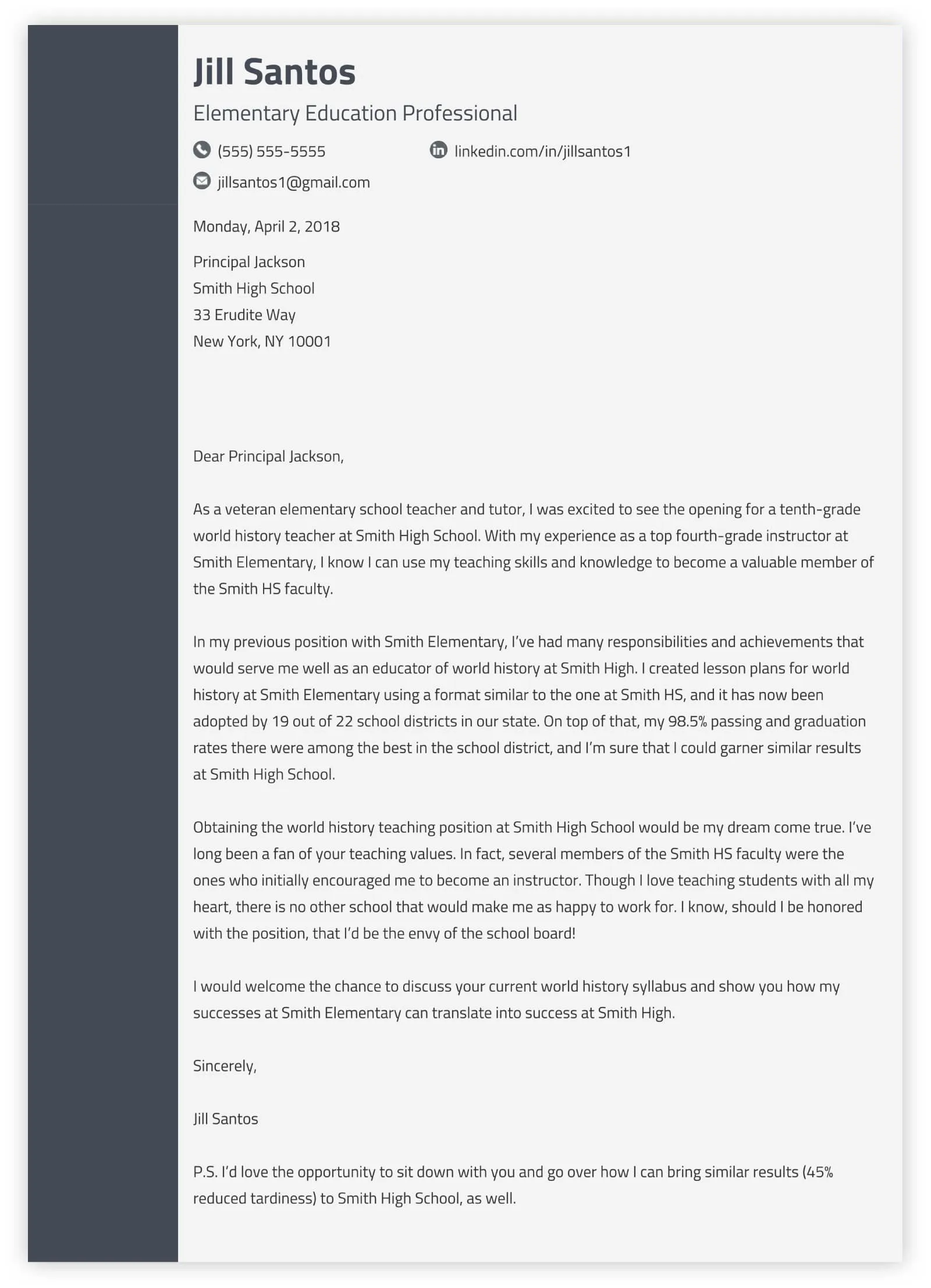
To make your cover letter truly stand out, it’s essential to go beyond the basics. This involves using impactful language, quantifying your achievements, and tailoring your letter to the specific job description. By following these actionable tips, you can create a cover letter that grabs the hiring manager’s attention and increases your chances of getting hired.
Use Action Verbs
Use strong action verbs to describe your skills and accomplishments. Action verbs bring your achievements to life and make your cover letter more compelling. Instead of saying ‘Responsible for managing projects,’ use ‘Managed and successfully delivered multiple projects on time and under budget.’ Start each bullet point or sentence with an action verb to create a dynamic and engaging narrative. Some examples of effective action verbs include ‘achieved,’ ’led,’ ‘created,’ ‘developed,’ ‘implemented,’ ‘improved,’ and ‘managed.’ Using action verbs demonstrates your proactivity and ability to get things done, leaving a lasting impression on the hiring manager.
Quantify Your Achievements
Quantify your achievements whenever possible. Use numbers, data, and specific results to demonstrate the impact of your work. For example, instead of saying ‘Improved customer satisfaction,’ write ‘Increased customer satisfaction scores by 20% through implementing a new customer service strategy.’ Numbers provide concrete evidence of your abilities and make your accomplishments more impactful. Quantifying your achievements shows that you are results-oriented and can deliver tangible value to the company. Using metrics and data helps to illustrate the scope and impact of your work, making your cover letter more persuasive and memorable.
Tailor to the Job Description
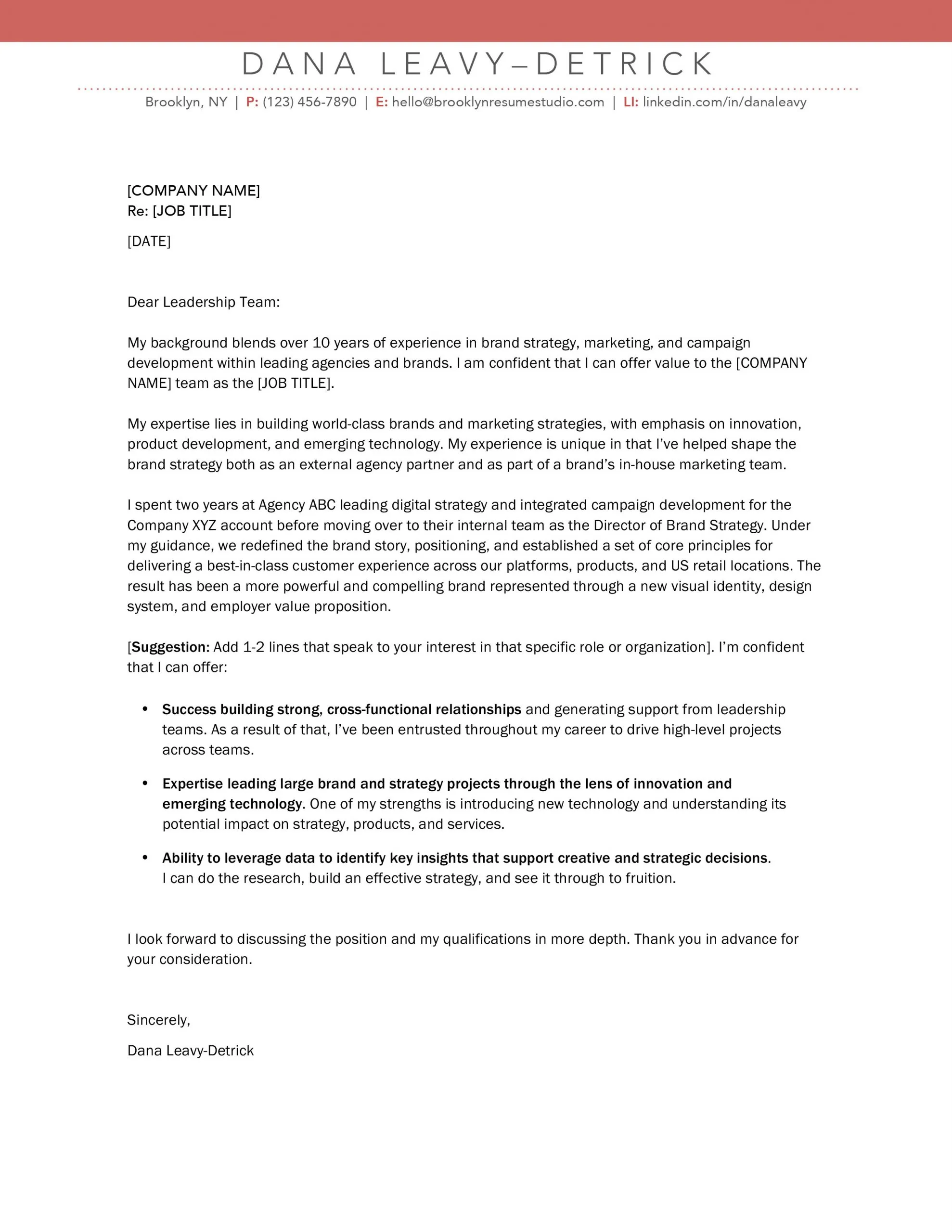
Tailor your cover letter to match the specific requirements of the job description. Carefully review the job posting and identify the key skills, experiences, and qualifications the employer is seeking. Then, highlight how your skills and experience align with those requirements. Use the same keywords and phrases from the job description in your cover letter. This demonstrates that you have read the job posting carefully and understand the role. Customize each cover letter for each job application, ensuring that it directly addresses the specific needs and requirements of the position.
Cover Letter Mistakes to Avoid
Avoiding common cover letter mistakes can significantly improve your chances of success. Being aware of these pitfalls can help you create a polished and effective cover letter that impresses the hiring manager.
Generic Language
Avoid using generic language that could apply to any job or company. Tailor your cover letter to the specific job and company. Generic phrases such as ‘I am a hard worker’ or ‘I am a team player’ are clichés that do not provide any specific information about your skills and experience. Instead, provide concrete examples that demonstrate your skills and describe your achievements. A well-written, personalized cover letter shows that you are genuinely interested in the role and have taken the time to understand the company’s needs.
Typos and Grammatical Errors

Typos and grammatical errors can undermine your credibility and create a negative impression. Proofread your cover letter carefully before submitting it. Check for spelling mistakes, punctuation errors, and grammatical inconsistencies. Have a friend or colleague review your letter as well. A polished and error-free cover letter demonstrates your attention to detail and professionalism. Typos and grammatical errors can make it seem as though you are not careful or detail-oriented. This could lead to your application being overlooked.
Lack of Enthusiasm
A lack of enthusiasm can make your cover letter seem dull and uninspired. Show your genuine interest in the role and the company. Express your excitement about the opportunity and explain why you are a good fit. Demonstrate your understanding of the company’s mission, values, or recent projects. Avoid using generic or passive language. Injecting enthusiasm into your cover letter can set you apart from other applicants and make you more memorable.
Not Tailoring the Letter
Submitting a generic cover letter to multiple jobs is a common mistake. Always tailor your cover letter to each specific job application. Research the company, review the job description, and customize your letter to address the specific requirements of the position. Highlighting your skills and experiences that are relevant to the role will show the hiring manager you’ve taken the time to understand their needs. Not tailoring the cover letter can make you appear uninterested and less likely to get an interview. A personalized cover letter demonstrates your dedication to the application process and increases your chances of success.
Cover Letter Examples That Get You Hired
Here are examples of cover letters for different positions that can serve as inspiration. Note that these are templates and should be customized with your own details and accomplishments. Each example has a different structure that suits the specific role.
Example 1 Marketing Position
Dear [Hiring Manager Name],
I am writing to express my enthusiastic interest in the Marketing Specialist position at [Company Name], as advertised on [Platform]. With my [Number] years of experience in developing and executing successful marketing campaigns, I am confident I possess the skills and creativity to significantly contribute to your team.
In my previous role at [Previous Company], I led the implementation of a new social media strategy that increased our online engagement by 30% and generated a 20% rise in lead conversions. I am proficient in content creation, SEO optimization, and market research. I am particularly drawn to [Company Name]’s commitment to [Company Value] and believe my passion for [Relevant Skill] aligns perfectly with your mission.
I am eager to learn more about this opportunity and discuss how my skills and experience can benefit [Company Name]. Thank you for your time and consideration. I look forward to hearing from you soon.
Sincerely, [Your Name]
Example 2 Software Developer
Dear [Hiring Manager Name],
I am writing to apply for the Software Developer position at [Company Name], as advertised on [Platform]. With a strong background in [Programming Languages] and [Technologies], I am eager to contribute my skills to develop innovative solutions.
During my tenure at [Previous Company], I designed and implemented a [Project Name], which improved system efficiency by 25% and reduced operational costs by 15%. I am proficient in [Specific Technologies] and have a solid understanding of software development life cycles. I am particularly excited about [Company Name]’s [Specific Project or Technology] and am confident I can contribute to its success.
Thank you for your time and consideration. I look forward to the opportunity to discuss my qualifications in more detail. Please find my resume attached for your review.
Sincerely, [Your Name]
Example 3 Project Manager
Dear [Hiring Manager Name],
I am writing to express my keen interest in the Project Manager position at [Company Name], as advertised on [Platform]. With over [Number] years of experience in leading and managing complex projects, I am confident I can excel in this role and contribute to [Company Name]’s success.
In my previous role at [Previous Company], I successfully managed a [Project Name] project, which was delivered on time and within budget, resulting in a [Positive Outcome]. I am skilled in project planning, risk management, and stakeholder communication. I am drawn to [Company Name]’s reputation for [Company Value] and believe my skills and values align well.
Thank you for your time and consideration. I am available for an interview at your earliest convenience. I have attached my resume for your review.
Sincerely, [Your Name]
Conclusion
Crafting a compelling cover letter is a critical step in the job search process. By understanding what a cover letter is, why it’s important, and how to personalize it, you can significantly increase your chances of getting hired. Remember to research the company, address the hiring manager by name, highlight your key skills and achievements, showcase your value, and demonstrate your enthusiasm. Avoid common mistakes such as using generic language and grammatical errors. Use the examples provided as inspiration and remember to tailor your letter to each job application. A well-written cover letter is your opportunity to make a strong first impression and secure an interview. Put in the effort, be strategic, and let your personality and qualifications shine. Good luck!
